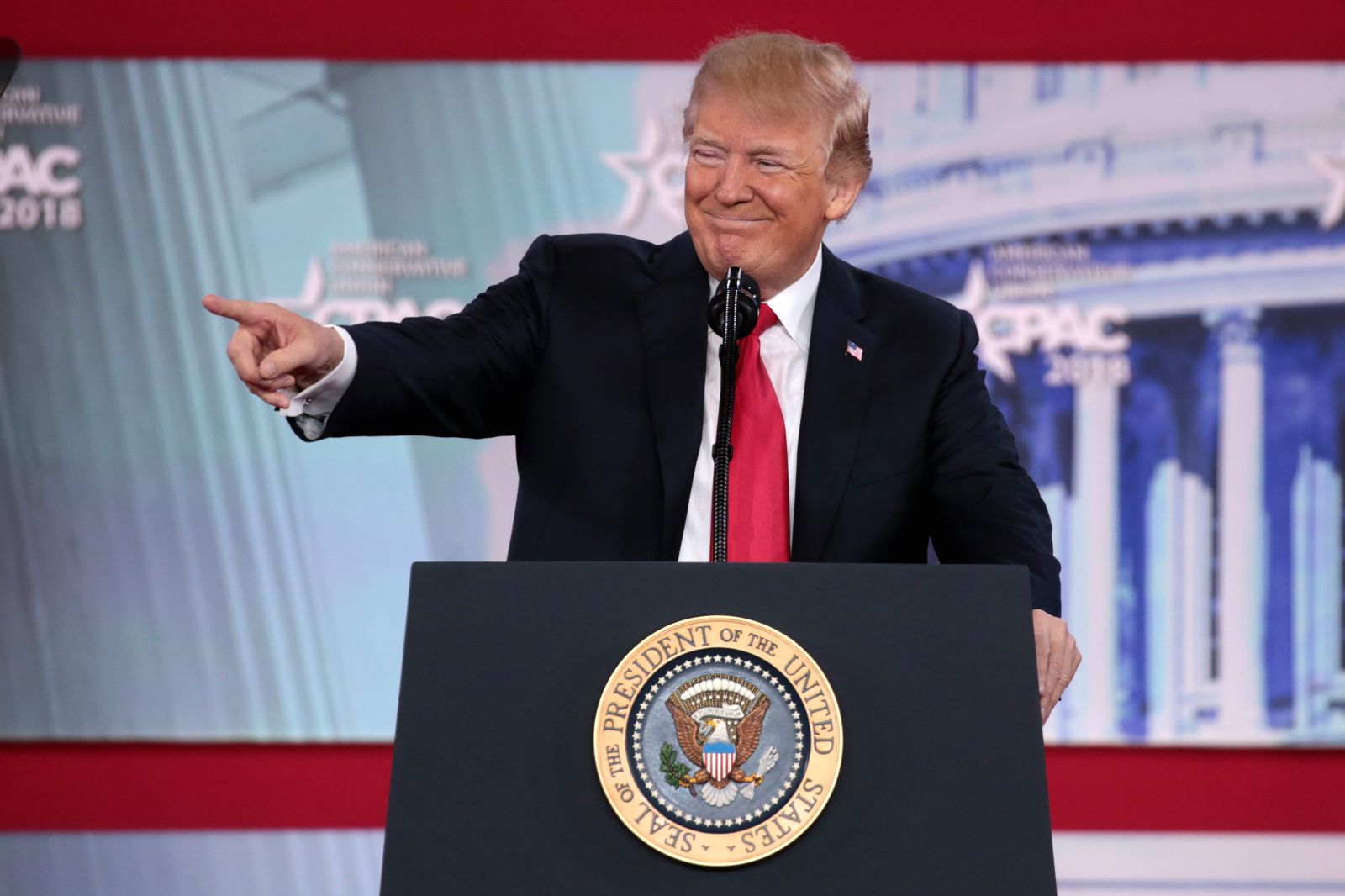Introduction
AI governance is at the heart of global debate, with the United States opposing UN-led oversight. This stance could reshape the future of innovation and technological security.
Context
At the UN General Assembly, world leaders called for a coordinated framework for AI governance. The UN launched its first body focused on AI regulation, while the US emphasized national sovereignty and innovation over centralized control.
Direct definition
AI governance refers to the rules and processes guiding the responsible development and use of artificial intelligence.
The Challenge
The main challenge is balancing the need for shared rules to ensure global security with each nation's desire to control its own technology policies. The US position highlights the gap between national approaches and international collaboration.
Solution / Approach
US envoy Michael Kratsios stated that the future of AI should be driven by national independence, not bureaucratic management. The UN, led by Secretary-General António Guterres and envoy Amandeep Singh Gill, advocates for global cooperation and dialogue rather than top-down regulation.
Direct answer
The US proposes an AI verification system linked to the Biological Weapons Convention, while China and Spain support a central UN role.
Conclusion
The divide between national control and global oversight could deeply affect innovation, security, and trust in AI. The debate remains open and will be crucial for technology's future.
FAQ
- What is AI governance?
AI governance sets the rules for responsible development and use of artificial intelligence.
- Why does the US reject global AI oversight?
The US fears centralized management could limit innovation and national sovereignty.
- What is the UN's role in AI governance?
The UN promotes global dialogue and cooperation for shared AI rules.
- How does the US stance affect AI security?
The US approach may boost innovation but risks fragmented standards.
- Which countries support UN oversight of AI?
China and Spain back a central UN role in AI regulation.
- How will AI governance impact technology's future?
AI governance will shape innovation, security, and global trust in technology.
